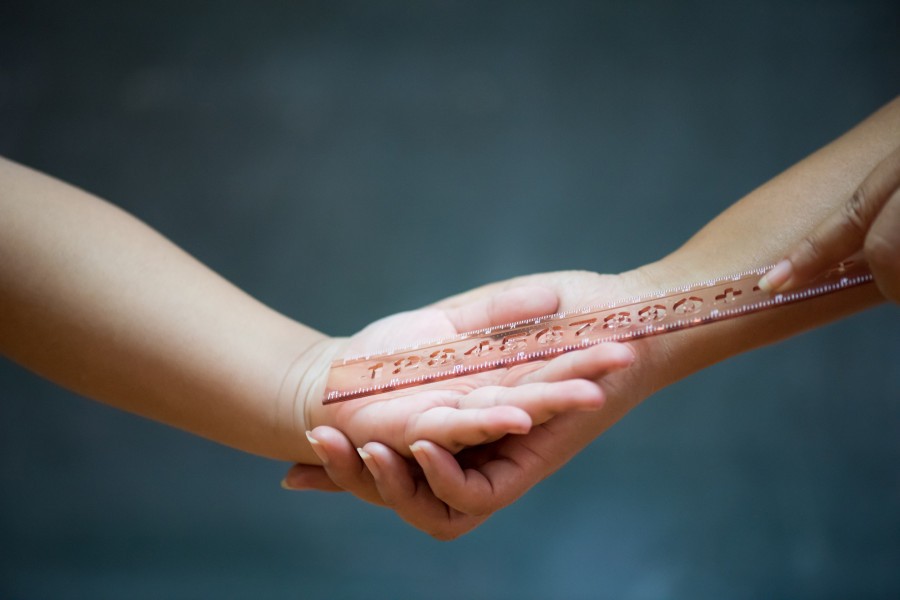That 89 per cent of children, or 45 million in absolute term, under the age of 15 in this country are indiscriminately subjected to physical and psychological violence is a damning commentary on child care. It also refers to outrageous socio-economic inequality which appears to have exacerbated by the negative impacts of the pandemic. The total number of children below 15 years of age in this country is close to 55 million and if 45 million of them just receive violent disciplining at home on a regular basis, it unfolds a picture of mindless and deplorable parenting in most cases. The picture of the hostility to children becomes even uglier by the fact that 30 million of them are trapped in child labour and 1.3 million among them in hazardous types of work.
The Multiple Indicator Cluster Survey jointly conducted by the Bangladesh Bureau of Statistics (BBS) and the Unicef Bangladesh Country Office has certainly focused on a socio-economic fault line of seismic proportion that like agitation of tectonic plates of the Earth can result in social quakes by the in-built mounting pressure. True, an overwhelming majority of these hapless children come from lower-income families which have subhuman living standard. It is quite possible that most of them suffering deprivation themselves do not even have the slightest idea of ideal parenting. A recently conducted research on children from such backgrounds confirms this. As high as 48 per cent of them do not live with their parents as they leave their shabby shelters after the incidents of violence they are subjected to. They suffer at least three types of violence --- physical, sexual and domestic. No wonder, they lose interest in formal education and try to learn how to fend for themselves. Thus they become involved in crimes like mugging, robbery or in case of failure in such acts, in begging. The Unicef also claims that one in five children drops out before completing primary education.
What kind of society the nation is going to establish if such a large band of potential contributors to wealth creation and nation building becomes a waste or degenerates into negative or anti-social elements? Victims of violence and deprivation at an early age, they soon learn the undesirable art of violence or various other illegal practices such as teenage gangsterism and drug peddling. Rising crimes of these anti-social types have already posed a serious challenge to socio-cultural stability.
Apart from such crimes out to tip balance in favour social instability, children not subjected to violent domestic disciplining are also deprived of their childhood. With no playgrounds and space for their balanced physical and mental development, even such children are robbed of the simple joys of life. Perhaps this explains why the majority of the academically successful students do not return back on completion of their studies abroad. The country thus loses both ways. Now the primary task is obviously to protect children from all kinds of violence and repression. In this context, the prime minister's commitment to raise the number of professional social service workers from 3,000 to 9,000 gives some hope. The child protection allowances, as announced, can complement it very well if only the programme is pursued with seriousness and dedication.


